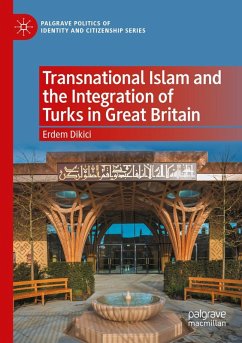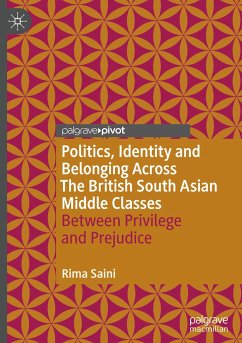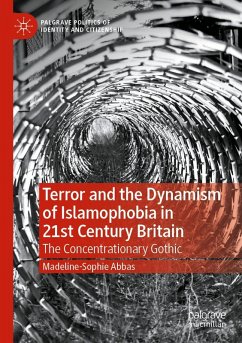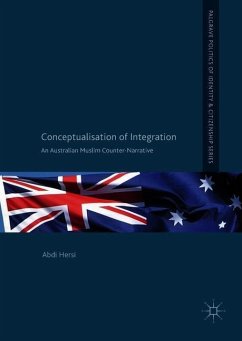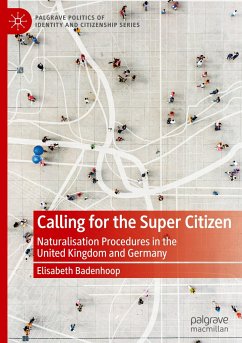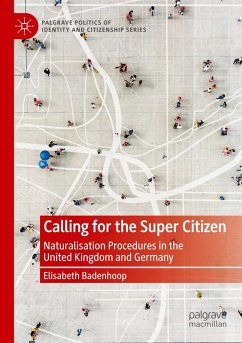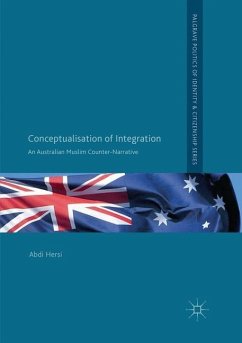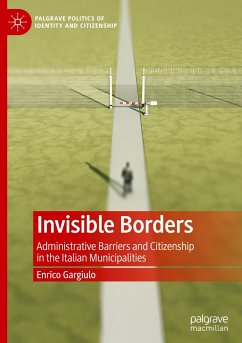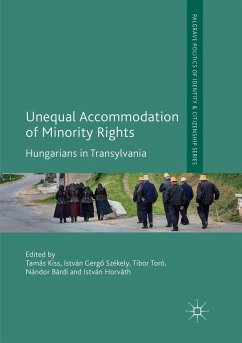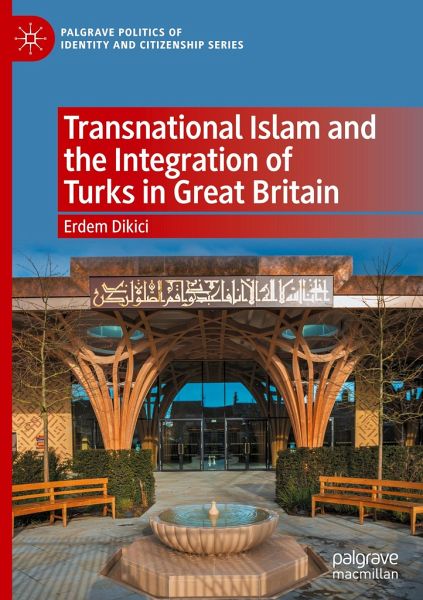
Transnational Islam and the Integration of Turks in Great Britain
Versandkostenfrei!
Versandfertig in 6-10 Tagen
83,99 €
inkl. MwSt.
Weitere Ausgaben:

PAYBACK Punkte
42 °P sammeln!
This book brings a transnational perspective to the study of immigrant integration in contemporary Western European societies, with a specific focus on transnational Turkish Islam and Turkish integration in Great Britain. It raises significant questions regarding national citizenship models, and offers original insights into the ways in which they can be extended and renewed to cover the cross-border reality.At the theoretical level, Dikici argues that the idea of multiculturalism can be extended to cover immigrant transnationalism without jeopardising its core principles such as equality and ...
This book brings a transnational perspective to the study of immigrant integration in contemporary Western European societies, with a specific focus on transnational Turkish Islam and Turkish integration in Great Britain. It raises significant questions regarding national citizenship models, and offers original insights into the ways in which they can be extended and renewed to cover the cross-border reality.
At the theoretical level, Dikici argues that the idea of multiculturalism can be extended to cover immigrant transnationalism without jeopardising its core principles such as equality and recognition of difference, and promises such as a shared national identity and unity in diversity. At the empirical level, the book illustrates that not all transnational Muslim organisations are the same (i.e. militant), and nor do they all hinder Muslim integration, rather they are diverse, with some deliberately contributing to the integration of Muslims into non-Muslimmajority societies.
The work will be of interest to scholars and students of contemporary integration and citizenship studies, multiculturalism studies, Muslim integration in Western societies, transnationalism and transnational Islam, Civil Society and Diaspora Studies.
At the theoretical level, Dikici argues that the idea of multiculturalism can be extended to cover immigrant transnationalism without jeopardising its core principles such as equality and recognition of difference, and promises such as a shared national identity and unity in diversity. At the empirical level, the book illustrates that not all transnational Muslim organisations are the same (i.e. militant), and nor do they all hinder Muslim integration, rather they are diverse, with some deliberately contributing to the integration of Muslims into non-Muslimmajority societies.
The work will be of interest to scholars and students of contemporary integration and citizenship studies, multiculturalism studies, Muslim integration in Western societies, transnationalism and transnational Islam, Civil Society and Diaspora Studies.





